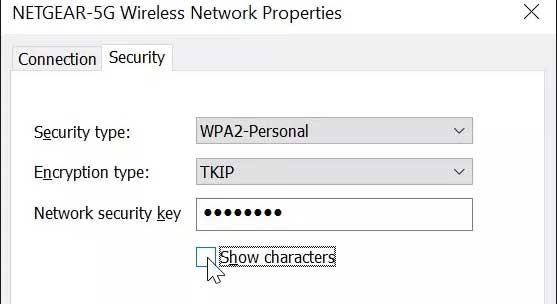Whether at home or in the office, when using the Internet, most of the time we connect to a Wi-Fi wireless network. In the event that we are its administrators, it is important to know that we are taking an unnecessary risk regarding your password. We are going to tell you the reasons.
In order to protect this wireless connectivity so that no one else can access it, in most cases we set a password. It is true that we normally leave the one provided by the Internet operator that installs the router, which may be a mistake. But the risks we run in this sense are not only limited to what we tell you, but the length of the password that we define on our own is also falling short.
We must take into consideration that technology does not stop improving and advancing in every way. Hence, attackers increasingly have more advanced software and hardware when it comes to deciphering these Wi-Fi keys. Therefore, the time it takes for these computers to decipher 8-digit passwords has been significantly reduced over the last few years.
This is precisely why some important experts in the field are recommending increasing the length of these passwords for wireless connectivity. To give you a better idea of what we are telling you, both the German Federal Information Security Office and the American National Security Agency or NSA recommend raising this length to 20 characters.
How to improve the protection of our Wi-Fi
It is still quite evident that the longer the access password is and the more complex characters we use, the hacking time increases considerably. Hence, it is almost mandatory that we use uppercase, lowercase, numbers and special characters when defining this wireless connection key.

But at the same time, these entities mentioned above, which are security specialists, now assure that the length recommended to date of 8 characters is already short. The potential of the equipment used to decrypt these keys is increasing, so attackers can hack these passwords in a much shorter time. Hence precisely the recommendations that we now receive from the international organizations mentioned above.
In order to protect our wireless connection as much as possible, we should start using passwords of at least 20 characters. All this in order to exponentially increase the difficulty of brute force attacks that are increasingly common. If we get used to using protection keys of this length, for the moment it would practically make it impossible to decrypt them in a reasonable time. Obviously this measure must be taken together with the implementation of more advanced technologies such as WPA3 or PMF.
We increasingly work with more sensitive and private data through our connections and using the Wi-Fi network. Hence, protection should be maximum and these recommendations taken literally as soon as possible.












